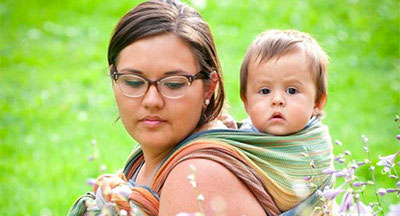Midwifery Model of Practice
In British Columbia, midwifery is a publicly funded service. Anyone with a valid Carecard or BC Services Card can receive midwifery care at no personal cost.
The midwifery model of practice as developed in BC is autonomous, community-based primary care, incorporating the principles of continuity of care, client-informed choice, choice of birth setting, collaborative care, accountability, and evidence-based practice.
Community-Based Primary Care
A primary caregiver functions under their own responsibility and is usually the first point of entry to health services.
As community-based health professionals, midwives offer services in clinics, offices or client’s homes. They most often work in small groups which enables them to provide 24-hour availability to their clients throughout the childbearing cycle.
Continuity of Care
Continuity of care is both a philosophy and a process. It allows a relationship to develop over time between clients and their midwife or midwives, with the purpose of providing safe, individualized care.
Achieving continuity of care in group practices is coordinated through clearly documented protocols, ensuring that current information on each client is available to the on-call midwife. These protocols are guided by the British Columbia College of Nurses and Midwives (BCCNM), the regulatory body that standardizes the BC Midwifery Model of Practice.
Informed Choice
Midwives respect the right of their clients to make informed choices by providing objective information in a supportive manner.
By allowing adequate time for discussion during pregnancy, midwives can facilitate the ongoing exchange of current, evidence-based knowledge that is relevant to a client’s unique needs.
Choice of Birth Setting
The right of a person to make an informed choice about the setting for birth is a principle deeply respected by midwives.
Whether at home or in hospital, every birth will be attended by a minimum of two qualified caregivers. All registered midwives hold hospital privileges in order to admit and discharge their clients as needed.
Collaborative Care
To ensure the best possible care for clients, midwives co-operate and consult with other health professionals in the provision of care. As a primary caregiver, midwives provide education, counseling and advocacy to support their clients’ individual needs.
More information on the Midwifery Model of Practice can be found on the British Columbia College of Nurses and Midwives (BCCNM) website.




